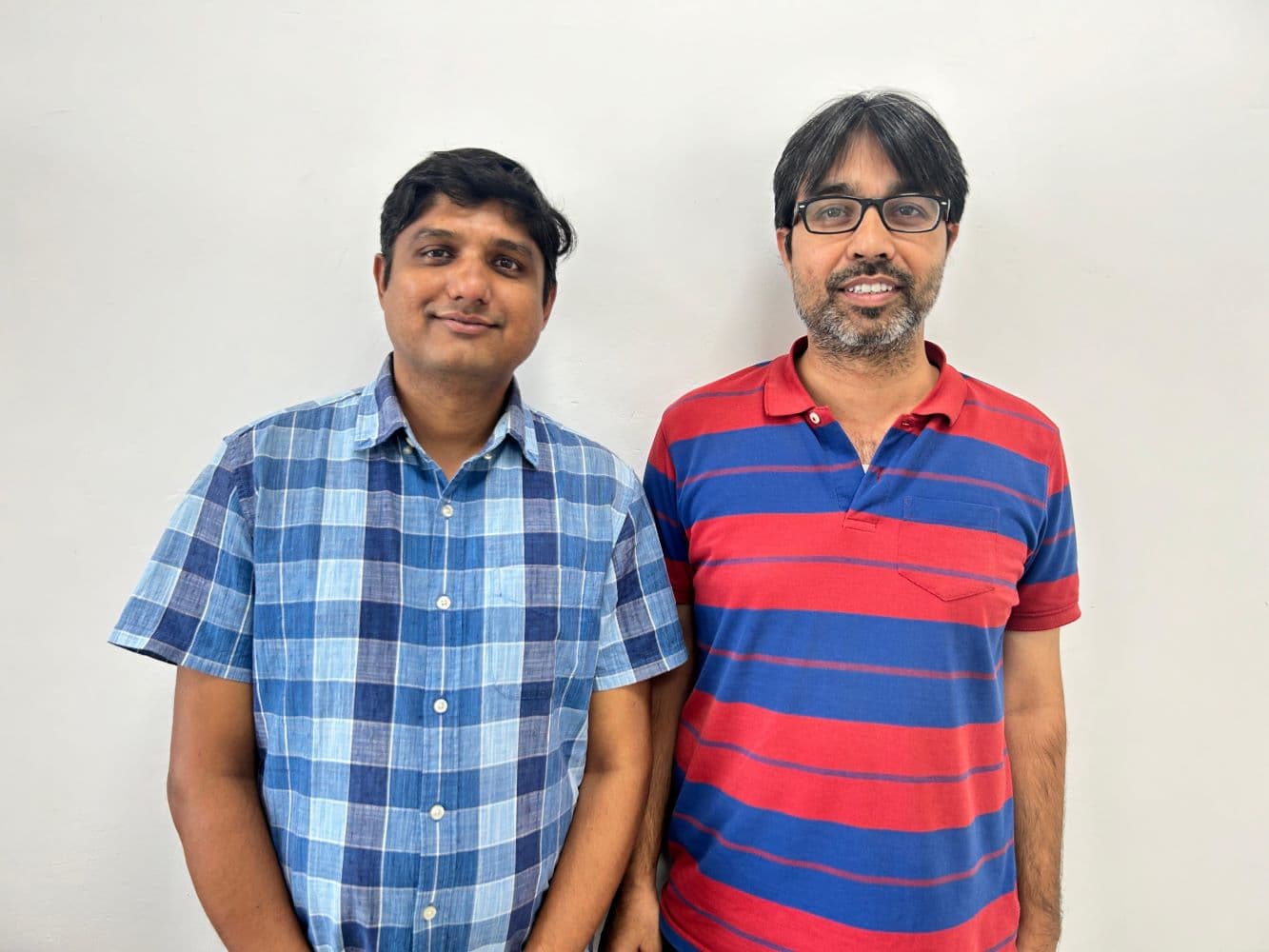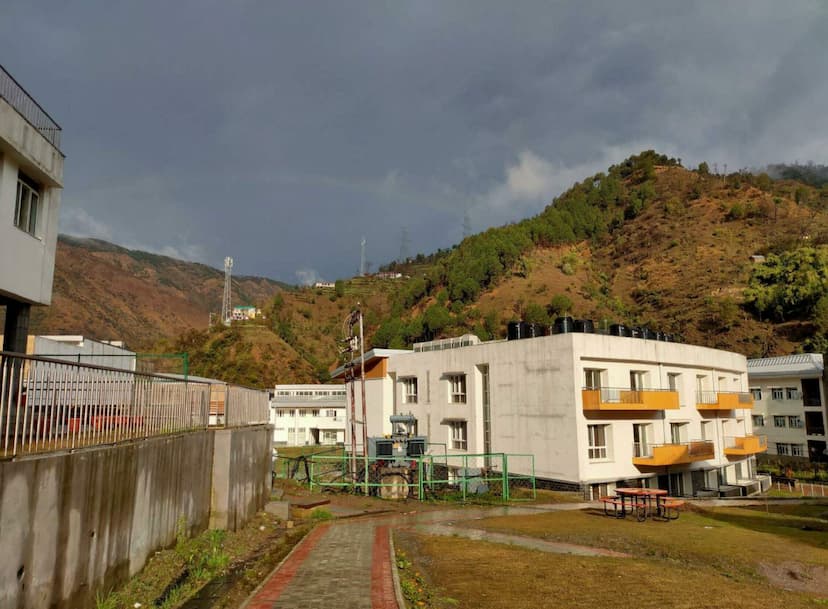IIT Mandi researchers conduct great assessment

IIT Mandi researchers have performed a comprehensive Life Cycle Assessment (LCA) of five solar cell technologies to identify the most sustainable and profitable options for solar energy production in India.
The research addresses the critical need for efficient and environmentally friendly solar power systems tailored to Indian conditions, say IIT Mandi researchers.


The study offers valuable insights for investors and policymakers to improve the environmental performance of solar technologies in India, say IIT Mandi researchers.
Clean Energy
Between 2010 and 2020, India advanced in clean energy to meet its Paris and Copenhagen commitments, driven by initiatives such as the Jawaharlal Nehru National Solar Mission, say IIT Mandi researchers.
However, COVID-19 disrupted the solar supply chain, delaying INR 160 billion worth of projects.

Post-COP-26, India’s focus shifted to green solar manufacturing to enhance supply chain reliability, energy security, and decarbonization, aligning with UN clean energy goals, say IIT Mandi researchers.
Understanding
Understanding the advantages and disadvantages of various solar technologies is crucial for establishing effective solar power systems in India.
While numerous studies have been conducted globally, most have evaluated impact categories such as Global Warming Potential (GWP) and Energy Payback Time (EPBT).

Other critical impact categories, such as human toxicity and ozone depletion, are often overlooked, and not many studies have assessed these technologies under Indian conditions, say IIT Mandi researchers.

Although solar PV systems are environmentally friendly compared to fossil fuels during their operational phase, they do have significant environmental impacts during the manufacturing and usage phases, he said.

Environmental Impact
IIT Mandi researchers evaluated the environmental impacts of the five solar energy technologies using Indian manufacturing conditions, including:
· Mono-silicon
· Polysilicon
· Copper Indium Gallium Selenide (CIGS)
· Cadmium Telluride (CdTe)
· Passivated Emitter and Rear Contact (PERC)
Analysis
IIT Mandi researchers performed a cradle-to-gate analysis using the Life Cycle Assessment tool, which included eighteen environmental impact categories.
These categories covered essential aspects such as global warming, stratospheric ozone depletion, human carcinogenic and non-carcinogenic toxicity, and fine particulate matter formation, from raw material extraction to solar panel manufacturing.
Lowest Environment Impact
The researchers found that CdTe technology exhibited the lowest environmental impact among the five technologies studied.
It had the least carbon dioxide emissions, ozone depletion potential, human health effects, and particulate air pollution. This was closely followed by CIGS PV cells, say IIT Mandi researchers.
Implication
Dr. Satvasheel Ramesh Powar, Associate Professor, School of Mechanical and Materials Engineering, IIT Mandi, said spoke about the implications of research done by IIT Mandi researchers.
The Life Cycle Assessment of solar module technologies can help identify the most sustainable technology that balances economic, social, and environmental benefits, he said.
Our findings can guide policymakers to promote the most sustainable technologies, boosting the low-carbon economy and reducing the environmental impact of solar energy production, he said.

They plan to investigate these phases in future research, say IIT Mandi researchers.
About IIT Mandi
IIT Mandi has nine Academic Schools and five major Research Centers. The Schools are the School of Biosciences and Bioengineering (SBBE), School of Chemical Sciences (SCS).
Also are, School of Mathematical and Statistical Sciences (SMSS), School of Physical Sciences (SPS), School of Mechanical and Materials Engineering (SMME), School of Civil and Environmental Engineering (SCENE).
The others are School of Computing and Electrical Engineering (SCEE), School of Humanities and Social Sciences (SHSS), and School of Management (SOM).
The Centers are the Advanced Materials Research Centre (AMRC), Centre for Design and Fabrication of Electrical Devices (C4DFED), BioX Centre, Indian Knowledge System and Mental Health Applications Centre (IKSMHA Centre) and Centre for Artificial Intelligence and Robotics.
S Vishnu Sharmaa now works with collegechalo.com in the news team. His work involves writing articles related to the education sector in India with a keen focus on higher education issues. Journalism has always been a passion for him. He has more than 10 years of enriching experience with various media organizations like Eenadu, Webdunia, News Today, Infodea. He also has a strong interest in writing about defence and railway related issues.






